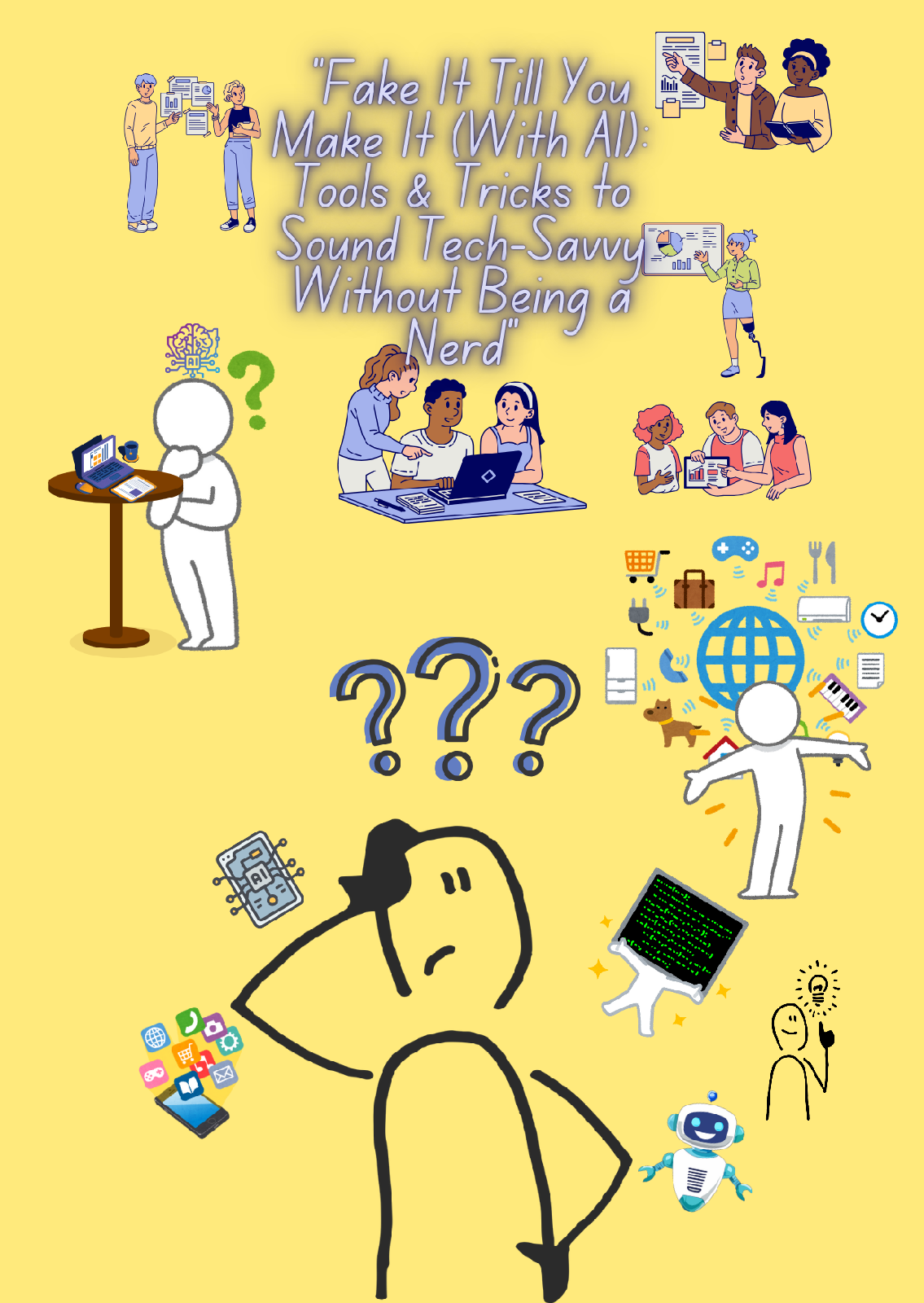Can AI think ??
Welcome back to Digital Odyssey!
Today, I present you a blog made by me and a friend of mine.
AI writes. AI reads. It paints, debates in court, crafts poetry, and even creates art. But beneath its brilliance lies a lingering question—does it truly understand any of it? Can it think?
In this special collaboration, my fellow tech enthusiast and guest writer joins me to explore this thought-provoking topic. From AI-generated novels to award-winning digital art, we examine the fine line between intelligence and imitation. Is AI simply an advanced tool processing data, or is it evolving into something more?
Let’s dive in and uncover the truth.
Al writes. Al reads. It draws, argues in court, crafts poems, and even creates art. But does it truly understand any of it? Can it think?
Can AI Really Think?
AI writes. AI reads. It paints, debates in court, crafts poetry, and even creates art. But does it truly understand any of it? Can it think? Here re some surprising facts about AI:
• Last month, I watched Neuro-sama, an Al streamer who plays games, chats and even talks.
• Last year, I read Death of an Author- an Al-generated best-seller novel. I loved the story.
• Two years ago, An Al artwork (Théâtre D'opéra Spatial) won first place at the Colorado State Fair's digital art contest.
• Four years ago, DeepMind's AlphaFold solved the protein structure problem, revolutionizing medical science.
• Eight years ago, DeepMind's Al beat the world's best Go player in a game thought impossible for Al.
So the question arises , can it really think? or it just uses data and algorithms to provide us the best results?
Sitting in my desk, I wonder- can Al actually think?
Yes, it's extremely smart, even more than humans at most tasks, but is it just using algorithms without thought?
Thinking isn't just about throwing out answers. It's not just remembering facts or making lightning-fast calculations.
It's about is understanding, forming ideas, questioning assumptions and connecting concepts.Thinking forming new thoughts beyond what’s programmed.
AI? It predicts. The next word, the next move, the next pixel. But does it ever pause? Does it ever doubt? Does it ever wonder, Why did it do that?
Thinking isn’t just processing data—it’s being aware of it. And that’s the key difference
Can AI write?
AI-generated text is everywhere—from news articles to bestselling books—but does that mean AI truly writes? Writing is more than just stringing words together; it is a form of expression, a way to convey thoughts, emotions, and ideas. When an author writes, they embed their perspective, experiences, and creativity into their work. AI, on the other hand, doesn’t think or feel—it predicts. Every sentence it constructs is based on patterns in data, not a deep understanding of meaning. While AI can mimic different styles and even produce compelling narratives, it lacks intention, original thought, and personal experience. It doesn’t tell stories; it assembles them. So, while AI can generate text, the essence of writing—the human touch—remains uniquely ours.
The Soul of Writing: What AI Lacks
Writing is more than just words—it’s a bridge between minds, a spark that ignites emotion, curiosity, and understanding. When a poet bleeds their soul onto a page or a novelist weaves a world from their dreams, they do something AI cannot: they feel. Every word carries a piece of the writer’s essence—joy, sorrow, passion, doubt. AI, no matter how advanced, does not long, does not wonder, does not reminisce. It predicts patterns but does not create with purpose.
True writing whispers secrets between the lines, leaving behind echoes of the writer’s mind. AI can replicate structure, mimic tone, and even fool the eye—but can it ever capture the human spirit?
In the book, On Writing: A Memoir of the Craft, Stephen King describes writing as a form of telepathy, where a writer transmits thoughts, emotions, and images directly into the reader's mind-across time and space. He emphasizes that writing isn't just words on a page; it's a direct mind-to-mind connection between the writer and the reader.
When you read a book, you're not merely reading words but actually feeling what the writer was thinking at the time. That's what true writing means. It's making the readers feel emotions through your own unique style of writing.
So, what's the verdict?
Al is brilliant. It writes, draws, argues, and even wins awards. But can it think?
It doesn't dream. It doesn't doubt. It doesn't sit in silence, lost in thought. It just predicts. Every word, every brushstroke, every move-it's all just statistics, not sparks of understanding.
And writing? True writing isn't just about stringing words together. It's a mind reaching out, whispering thoughts across time. Al doesn't write. It imitates.
So, can Al think?
Not today Maybe not ever But here's the real question-if Al can fake thinking well enough does it even matter??



Comments
Post a Comment